Back to Courses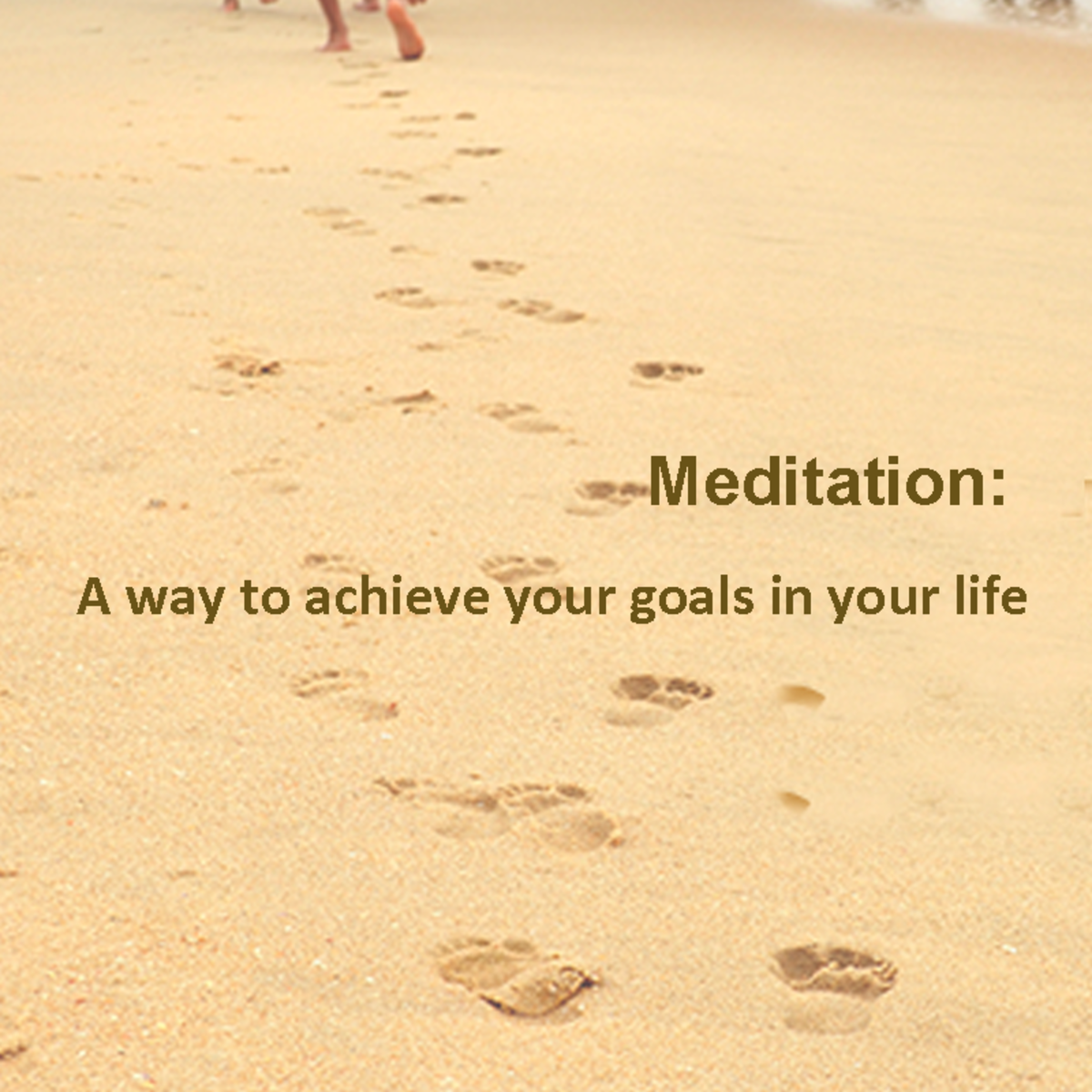
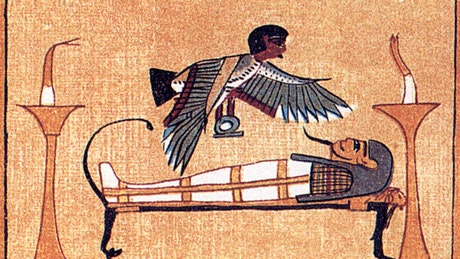

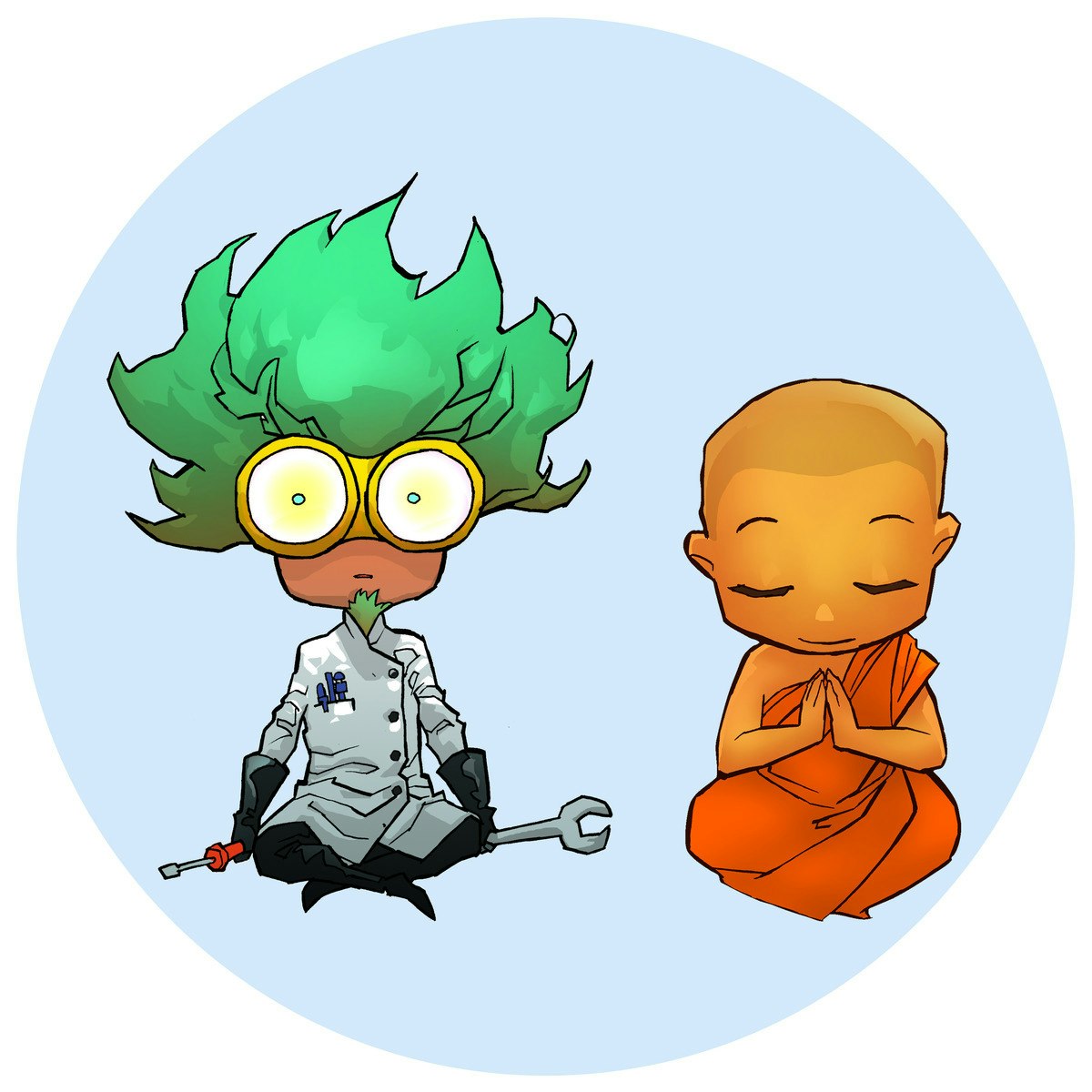
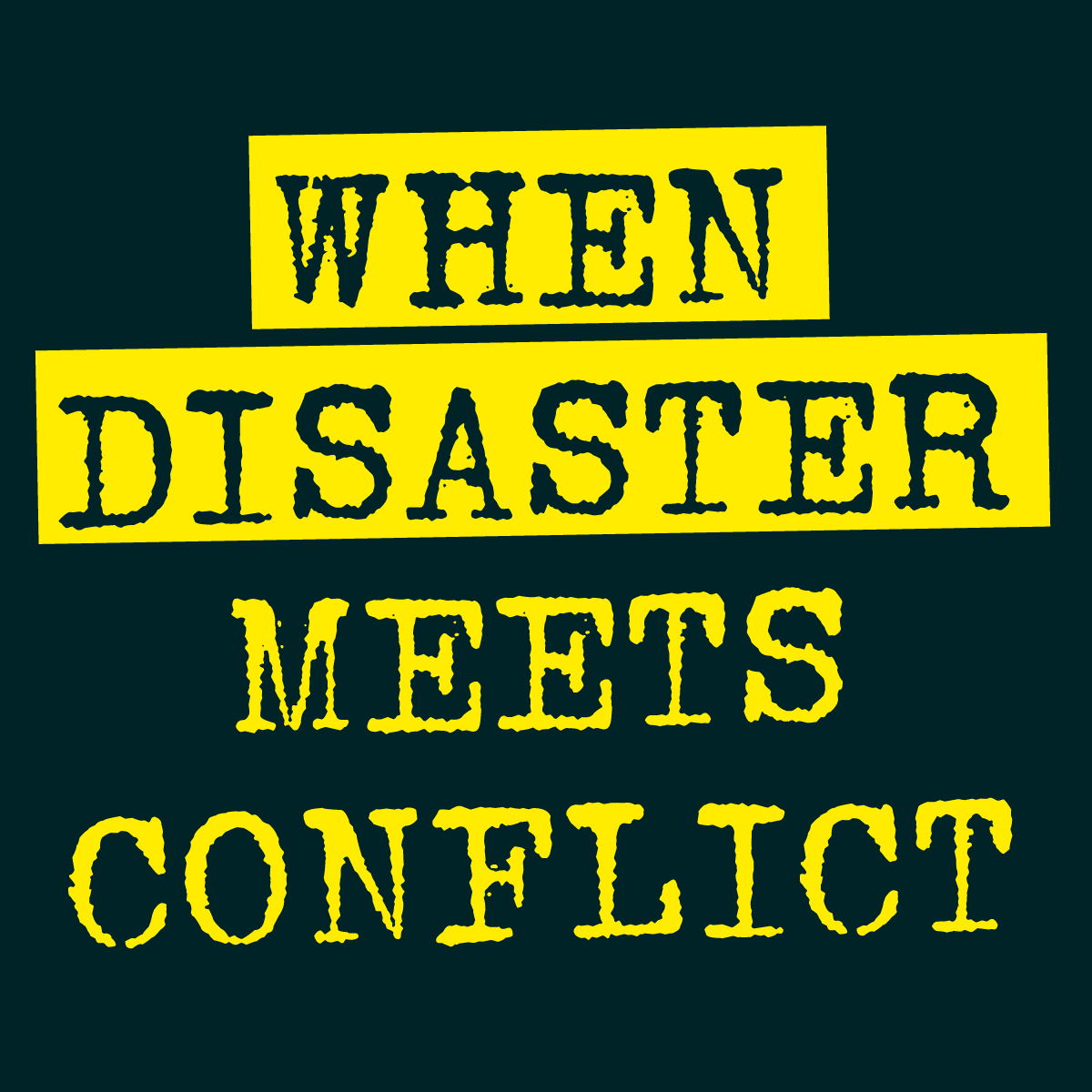


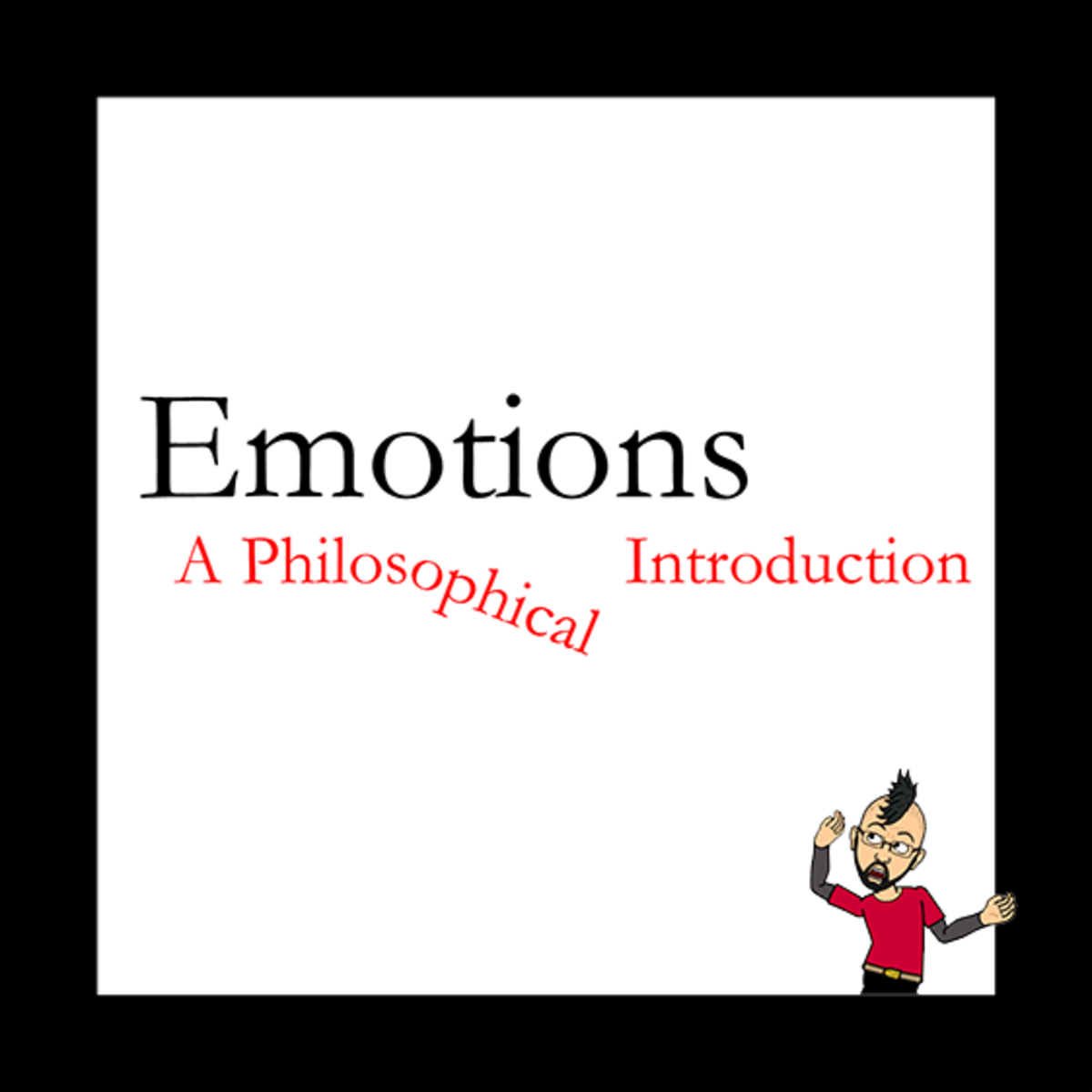
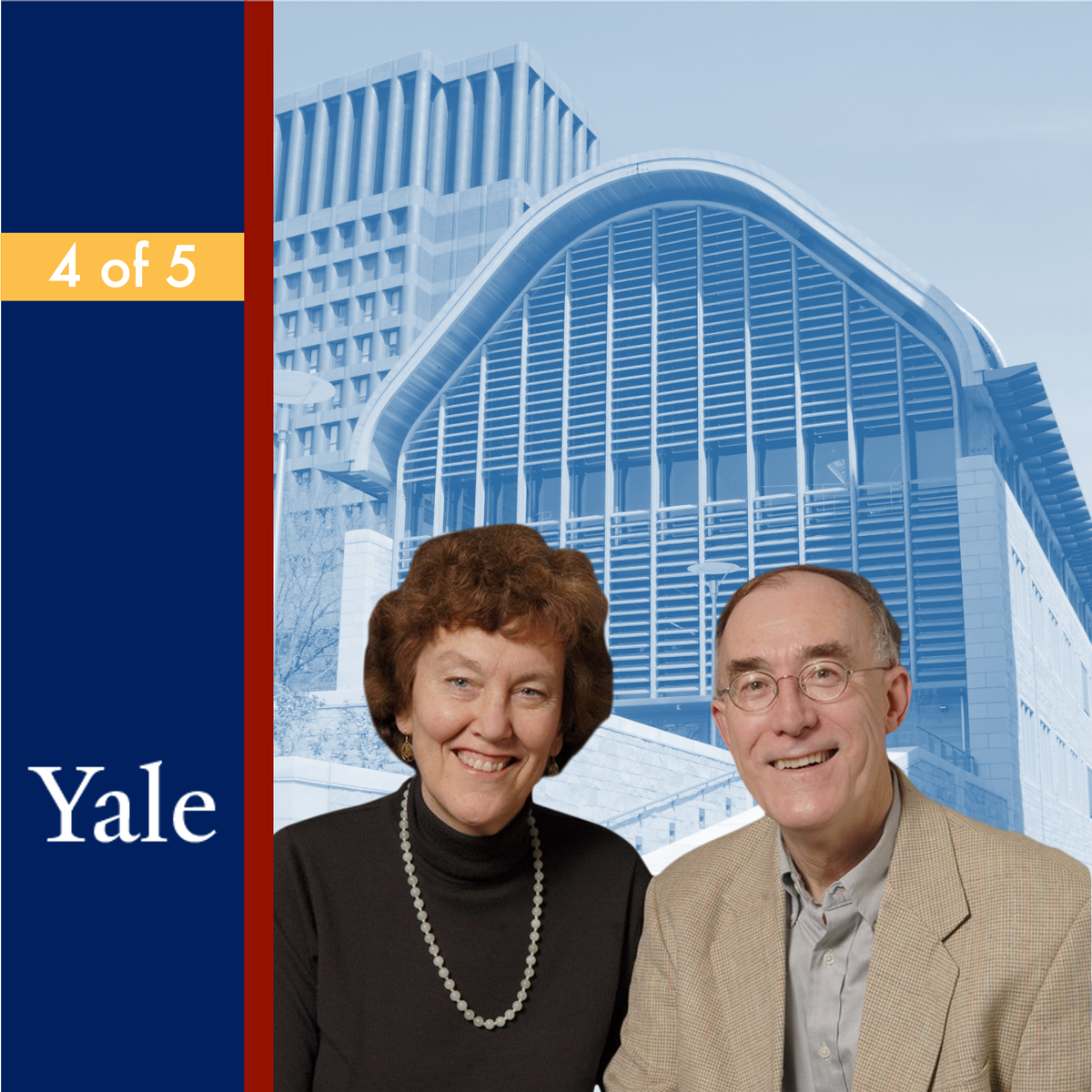
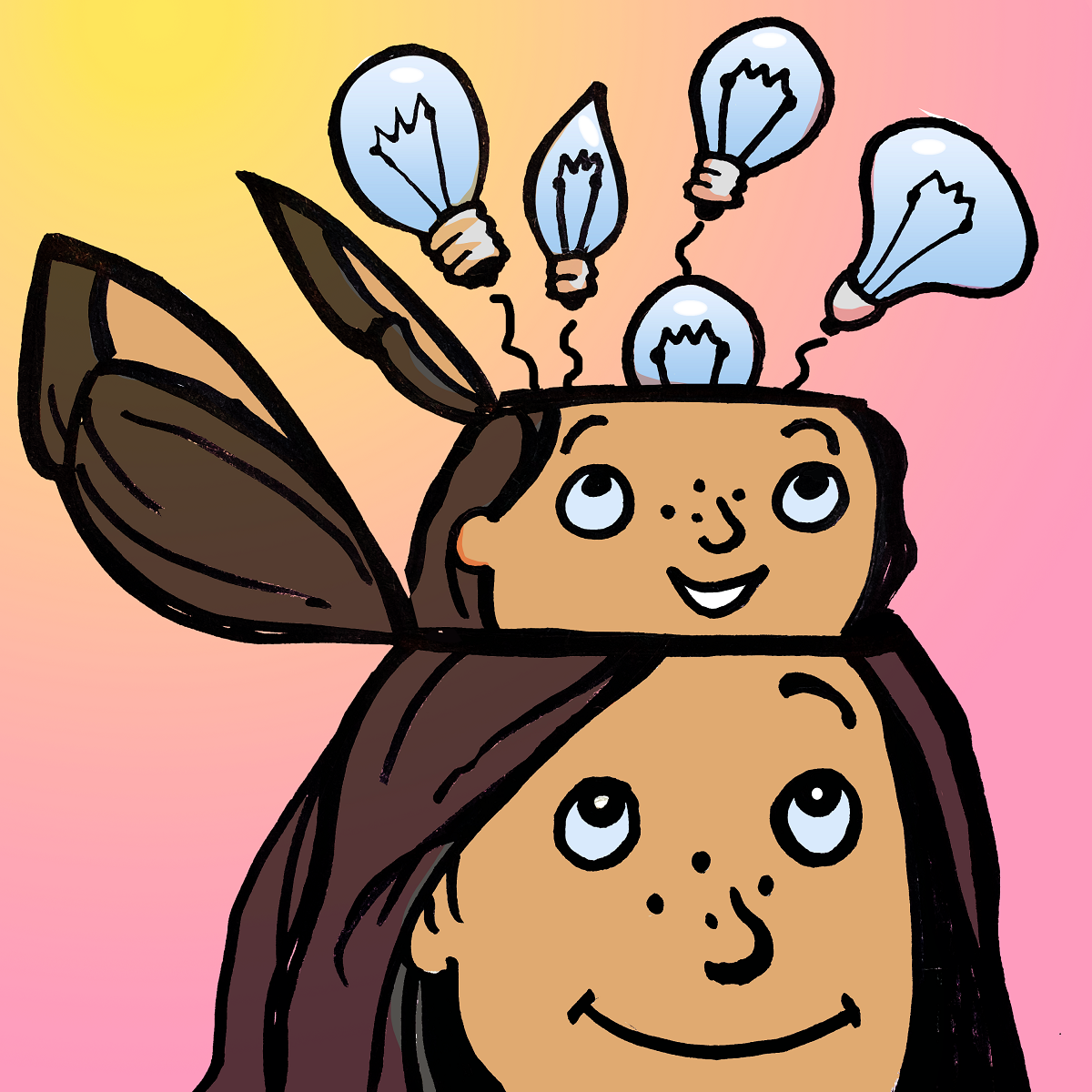
Philosophy Courses - Page 8
Showing results 71-80 of 81

Meditation: A way to achieve your goals in your life
Do we truly think that we have lived for ourselves? Perhaps we have lived for money, love, fame, family and pride etc.? Therefore, we don’t seem to be satisfied even though we are full of those things. It is because that we don’t know ourselves.
Eric Fromm talked about human nature as two modes of being: “To Have” and “To Be”. If we are “Having” the nature of possessions, we are not satisfied, and feel empty and futile. Then, how can we be “Being” the nature of our inner-selves?
Sometimes, we happened to be aware of this “Being” nature and try to change ourselves, but fail. But, because of our daily routines, it’s easily forgotten. And more it is hard to escape from our unwanted minds controlling us.
From now on, let us reflect on ourselves and look at our minds leading up to today! Don’t we achieve our goals after knowing ourselves? And let us find the “Being” nature of our original selves after escaping from the minds restraining and controlling us.
In this lecture, the definition and principle of the mind are explained in simple and clear ways. You can make sure and practice the methodology of finding the true original mind of inner-self by escaping from the false mind of possession.
Self-reflection is the first step to meditate. You can know yourselves most objectively through meditation and you will realize that all the thoughts and actions are due to your minds which are nonexistent and false. If you throw away the false mind, you will find the true mind.
Meditation is now world-wide sensation. There are many research reports that show people can be leaders if you have a habit of self-reflection through meditation. Now meditation at school and the workplace are popular.
Happiness is having no worries. You can really relax yourself if there is no bundle of thoughts and you can be successful when you know yourself truly. Worries come from the memorized thoughts of the false mind. Your inner potential of positive power are revealed, your peaceful and happiest mind will be in your mind, and you can live the life you wanted through meditation.
This method of meditation is very practical and everybody can follow the methodology. As an engineer, I will guide you step by step to practice this meditation. I am sure that this lecture becomes a turning point in your life.

Soul Beliefs: Causes and Consequences - Unit 2: Belief Systems
Throughout history, the vast majority of people around the globe have believed they have, however defined, a “soul.” While the question of whether the soul exists cannot be answered by science, what we can study are the causes and consequences of various beliefs about the soul and its prospects of surviving the death of the body. Why are soul and afterlife beliefs so common in human history? Are there adaptive advantages to assuming souls exist? Are there brain structures that have been shaped by environmental pressures that provide the foundation of body/mind dualism that is such a prominent feature of many religions? How do these beliefs shape the worldviews of different cultures and our collective lives? What is the role of competing afterlife beliefs in religion, science, politics, and war? This course explores several facets of this relatively unexplored but profoundly important aspect of human thought and behavior.
The course consists mainly of 70 to 80 minute lectures, typically broken up into 3 segments, recorded from a course offered by Rutgers University School of Arts and Sciences. These videos include slides and some embedded video clips. Most lectures are accompanied by slides used during the lecture, also including recommended reading assignment which may provide additional opportunities to reflect on your studies.
Due to the lengthiness of this class and natural progression, the online course has been separated into 3 units, this is Unit 2.

Intellectual Humility: Practice
We live in a polarised world where all too often people talk past each other. But do you know when to believe what others say? For example, how quick should we be to accept something that someone else tells us is true, and what should we be looking out for when assessing a person's trustworthiness? Meanwhile, what should we do when we encounter disagreements with people who seem to be our equals? How and when should we adjust our beliefs, and how does the appropriate response vary depending on the evidence? These challenges may be especially important in the arena of religious disagreements. How should we weigh the evidence for and against various theistic and atheistic stances?
Experts in psychology, philosophy, theology and education are conducting exciting new research on these questions, and the results have important, real-world applications. Faced with difficult questions people often tend to dismiss and marginalize dissent. Political and moral disagreements can be incredibly polarizing, and sometimes even dangerous. And whether it’s Christian fundamentalism, Islamic extremism, or militant atheism, religious dialogue remains tinted by arrogance, dogma, and ignorance. The world needs more people who are sensitive to reasons both for and against their beliefs, and are willing to consider the possibility that their political, religious and moral beliefs might be mistaken. The world needs more intellectual humility.
In this course. we will examine the following major questions about applied issues surrounding intellectual humility:
• Should you believe what people say?
• How should we handle disagreement?
• What is the role of evidence in resolving religious disagreements?
All lectures are delivered by leading specialists, and the course is organised around a number of interesting readings and practical assignments which will help you address issues related to humility in your daily life.
This course can be taken as a part of a series which explores the theory, the science and the applied issues surrounding intellectual humility. Before, we considered how to define and measure intellectual humility, what intellectual virtue is, whether we are born or can become humble, and what cognition and emotions can tell us about intellectual humility. If you are interested, complete all three courses to gain a broader understanding of this fascinating topic. Look for:
• Intellectual Humility: Theory - https://www.coursera.org/learn/intellectual-humility-theory
• Intellectual Humility: Science - https://www.coursera.org/learn/intellectual-humility-science
Check out our trailer to hear more - https://youtu.be/x_CWjrYxKZU.

De-Mystifying Mindfulness
Interest in meditation, mindfulness, and contemplation has grown exponentially in recent years. Rather than being seen as mystical practices from ancient Buddhism or esoteric philosophy, they are increasingly seen as technologies rooted in evidence from psychology and neuroscience. Mindfulness has become the basis for numerous therapeutic interventions, both as a treatment in healthcare and as a means of enhancing well-being and happiness. For millions around the world, mindfulness has become a life-style choice, enhancing and enriching everyday experience. Mindfulness is big business.
But, what actually is mindfulness? Is it really good for you? Can anyone learn it? How can you recognize charlatans? Would you want to live in a mindful society, and would it smell like sandalwood? What does it feel like to be mindful? Are you mindful already, and how would you know?
Evolving from the popular Honours Academy course at Leiden University, this innovative course combines conventional scholarly inquiry from multiple disciplines (ranging from psychology, through philosophy, to politics) with experiential learning (including specially designed ‘meditation labs,’ in which you’ll get chance to practice and analyze mindfulness on yourself). In the end, the course aims to provide a responsible, comprehensive, and inclusive education about (and in) mindfulness as a contemporary phenomenon.
During the production of this course, we have been supported by Willem Kuyken, Director of the University of Oxford Mindfulness Centre, and Stephen Batchelor, co-founder of Bodhi College. And we gratefully acknowledge the contributions made by Mark Williams, co-developer of Mindfulness-based Cognitive Therapy (MBCT), and Rebecca Crane, Director of the Centre for Mindfulness Research and Practice at the University of Bangor. We have recently added expert advice from Dawn Scott (Spirit Rock & Barre Centre for Buddhist Studies), Sydney Spears (University of Kansa), Elisabeth Stanley (Georgetown University), Susan Woods (Centre for Mindfulness Studies), Patricia Rockman (University of Toronto) and Jeff Corntassel (University of Victoria).
"A deep and profound dive into the ethical, social, psychological, and philosophical implications of modern-day mindfulness practice. The course is not for the faint of heart, perhaps, but it is also full of practical, guided exercises for the uninitiated! Thank you for redefining my relationship to Mindfulness in a completely new and thought-provoking way" 28 april 2021
"The course enabled me to explore the mindfulness construct at its deeper lever from philosophical, psychological and political lenses. The mindfulness labs were very useful in practicing the skills of being mindful." 23 nov 2018
"i took this course after a period of time when I was trying to practice mindfulness and meditation, but with doubtful success. The course answered many questions to me, and I needed that to keep me motivated. It really helped me understand the origins and, more importantly, benefits of mindfulness practice and made me persist in my attempts. I'm really glad I took the course, I find it interesting, well taught and very useful for all those seeking deeper explanation in why trying mindfulness." 9 Oct 2018
"I have taken other courses in other online platforms. However, this has been one of the best courses I have found online." 3 Oct 2018
"I really like the invitation to us, the learners, to rethink our preconceptions and beliefs, and then make our own judgement about mindfulness. The overall tone was very friendly and open, resources very useful." 12 Dec 2017

When Disaster Meets Conflict
Disaster Risk Reduction and humanitarian aid in conflict settings
This MOOC teaches you to develop accountable, high-quality and ethical responses to disaster in conflict-affected areas. The E-course is meant primarily for practitioners, but also open to students or otherwise interested people. It stimulates participants to think about humanitarian aid, DRR and disaster response in contexts where conflict is ongoing, lingering, or has characterized the setting in recent times, as well as about the hard choices and dilemmas faced by humanitarian actors in conflict settings. Moreover, you will learn to distinguish the different challenges and effective, positive examples of aid in three types of conflict settings. Through videos, interviews, guest lectures and realistic case-studio, learning becomes both relevant and fun; everything you learn will be applicable for practice in the field.
Curious? Check out our trailer in the first module of the MOOC below.

Facilitate Organized Online Dialogue with Considerit
Why is it so hard to participate in fruitful online dialogues, especially with dozens or hundreds of participants? Why do we so easily get caught up on divisive topics and opinions, instead of building up on each other perspectives? One may argue that the tools often used for such discussions (i.e., social media) are, by design, biased toward polarizing discourse.
Therefore, this project presents Considerit, a digital tool for "civil, organized, and efficient online dialogue". While participating in and creating a forum on Considerit you will experience its capacity to handle nuances of complex discussions, as well as for visually summarizing what a community thinks about a specific statement, and why.
So join us with an idea for a forum you would like to create and some perspectives around the future of life on planet Earth!

Extinctions: Past, Present, & Future
This course introduces you to the five mass extinctions of the pre-human past, their causes and significance to the history of life on earth, and the current mass extinction happening during our time. We’ll also explore the history of paleontology and geological study and review the key players that influenced the science today.
Regardless of your familiarity with the topic, you'll get portable handouts, lively demonstrations, and quizzes that bridge and enhance your knowledge.

Emotions: a Philosophical Introduction
Philosophy is like sex: sure you can get some interesting results, but that's not why we do it. Going one step beyond…why do you FEEL pain or pleasure? Do plants have emotions? How is possible that some people do not understand other’s emotions? Emotions seem to be everywhere, giving meaning to all events of our lives. They are the backbone of social activities as well as they drive the cognitive processes of several living entities. Several animals, including humans, have emotions but…what about machines?...Do machine can have emotions?
This course will help you to understand and to identify most important philosophical ideas and debates about emotions, as well as it will provide you a rich source of data about neurological, psychological or anthropological analysis of emotions.
In a nutshell: this is a course to feel and think about.

East Asian Religions & Ecology
At first glance the fields of religion and ecology may seem and unlikely pairing, but a deeper consideration reveals the two have a great deal to contribute to one another and are indeed inextricably linked. Religions recognize the unity and interdependence of humans with nature. Ecological sciences affirm this deep interconnection with the natural world. This partnership can inspire work for the wellbeing of the Earth community
There is a need for broader literacy and deeper knowledge of the world’s religions and their ecological contributions. This specialization, "Religions and Ecology: Restoring the Earth Community", contributes such a perspective. Each course celebrates the vitality of religiously-informed action for the Earth and recognizes the longstanding contributions of Indigenous peoples in offering visions and practices for ecological flourishing.
This course is part 4 of 5 of the "Religions and Ecology: Restoring the Earth Community" specialization that focuses on the ecological dimensions of religious traditions throughout the world.
The course you are about to begin is designed as a gateway to these aspects of the East Asian religions, philosophies, and practices of Confucianism, Daoism, Buddhism, Shinto, and Shamanism. So much has emerged in the last several decades in this area, as you will see. While we have taught this course at Yale, we have adapted it for learners from a wide range of backgrounds.
This course is for lifelong learners curious to know more about world religions and ecology, environmental professionals eager to deepen the discourse of environmental protection and conservation, those working with non-profit organizations and NGOs on issues of ecological justice, and religion leaders and laity who wish to know how they can contribute to interreligious dialogue on environmental projects.

How to Jumpstart Your Hidden Creative Genius
Despite what you may think, there is evidence that everyone has the capacity to think creatively. This course will teach you to be much less predictable in your thinking and have the confidence and ability to generate unique, workable ideas to solve complex problems. Society impels us to conform to its written and unwritten rules for thinking and behaving in a certain way, which makes too many of the ideas and solutions we generate fairly predictable and ineffective.
The first part of this course is about you. I want to convince you that you were once insanely creative and explain forces around you caused you to lose most of that ability. If you think you are already plenty creative, then know that you're not as creative as you could be and, conversely, if you believe you don't have a single creative bone in your body, I will do my best to convince you you're wrong and share ways you can get your high level of creativity back.
Asking you to think back on some of the societal forces that negatively impacted your upbringing may be hard to hear, but it’s important to understand these often unseen forces so you can do something to counteract them.
The second part of the course is for learning several tried and true brainstorming and problem-solving "tools" you can use that will help you be your most creative self.
Please note: Portions of this course may include readings, media, and discussion around topics based on emotional experiences from your youth. The title of any element that may be a trigger will be indicated with a "TW".
Popular Internships and Jobs by Categories
Find Jobs & Internships
Browse
© 2024 BoostGrad | All rights reserved